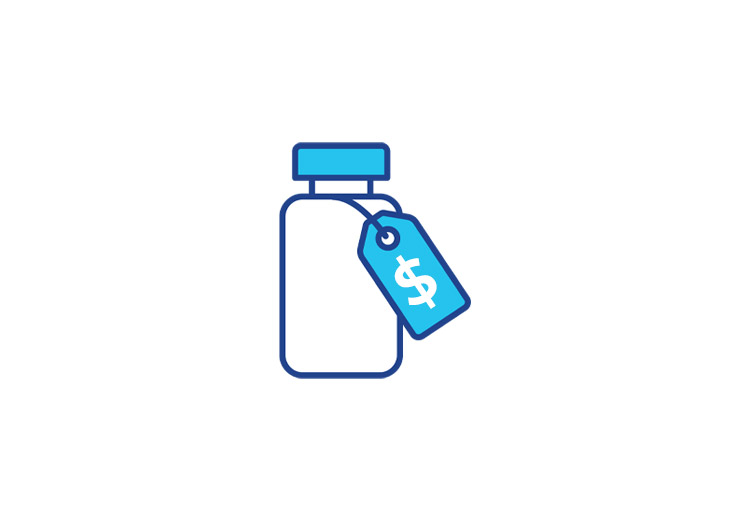Understanding non-adherence
Why is medication adherence important?
Adherence which is a combination of compliance (% of medication taken as prescribed) and persistence (duration of time the medication is taken for) is a vital component of treatment outcomes.
But drugs don’t work in patients who don’t take them. Although a diagnosis is just the first step on the road to recovery, a large number of patients don’t take their medication as prescribed which has a multidimensional impact on society.
Healthcare system
Medication non-adherence increases the burden on the healthcare delivery system. It can lead to reoccurring hospitalisations and higher per-patient expenditure, increased morbidity as well as higher pay-outs by insurance companies to the insurer.
Patients
Forgetting or skipping medication is common amongst patients, putting them at an increased risk of morbidity and mortality. A decrease in treatment effectiveness due to non-adherence can lead to longterm adverse effects and financial consequences.
Pharmaceutical industry
Medication non-adherence has a significant impact on drug sales and has been estimated to globally bring an annual loss of $500 billion to pharmaceutical companies. It can influence the perceived brand value of drug manufacturers as therapy effectiveness is called into question with poor outcomes in non-adherent patients.
What drives medication non-adherence?
Medication non-adherence is driven by several factors related to patient beliefs and behaviours. Poverty and limited access to healthcare are particularly impactful in emerging markets. The complexity of the problem is reflected in the numerous reasons for which patients are nonadherent.
One of the most common patient reported reason for medication non-adherence is forgetfulness. Poly pharmacy patients, who take 4 or more medications a day, find remembering to take all doses on time even more challenging.
Please select a card to learn more.
FEAR
Patients may be frightened of potential side effects or side effects they had previously with the same or a similar medication. They may have witnessed side effects experienced by a friend or family member who was taking the same or a similar medication and believe that the medication caused these problems.
COST
Cost of medicine can be a barrier to adherence. Patients may not fill medications in the first place or ration what they do fill to extend their supply.
MISUNDERSTANDING
Patients may not understand the need for the medicine, the nature of side effects or the expected time it will take to see results. This is particularly true for patients with chronic illness because taking a medicine every day so that “nothing happens” can be confusing. Failure to see immediate improvement may lead to premature discontinuation.
TOO MANY MEDICATIONS
The greater the number of different medicines prescribed and the higher the dosing frequency, the more likely a patient is to be non adherent.
LACK OF SYMPTOMS
Patients who don’t feel any differently when they start or stop their medicine may see no reason to take it.
WORRY
Concerns about becoming dependent on a medicine also leads to non adherence.
DEPRESSION
Patients who are depressed are less likely to take their medications as prescribed.
MISTRUST
Patients may be suspicious of their doctor’s motives for prescribing certain medications because of news coverage of marketing efforts by pharmaceutical companies influencing physician prescribing patterns.







